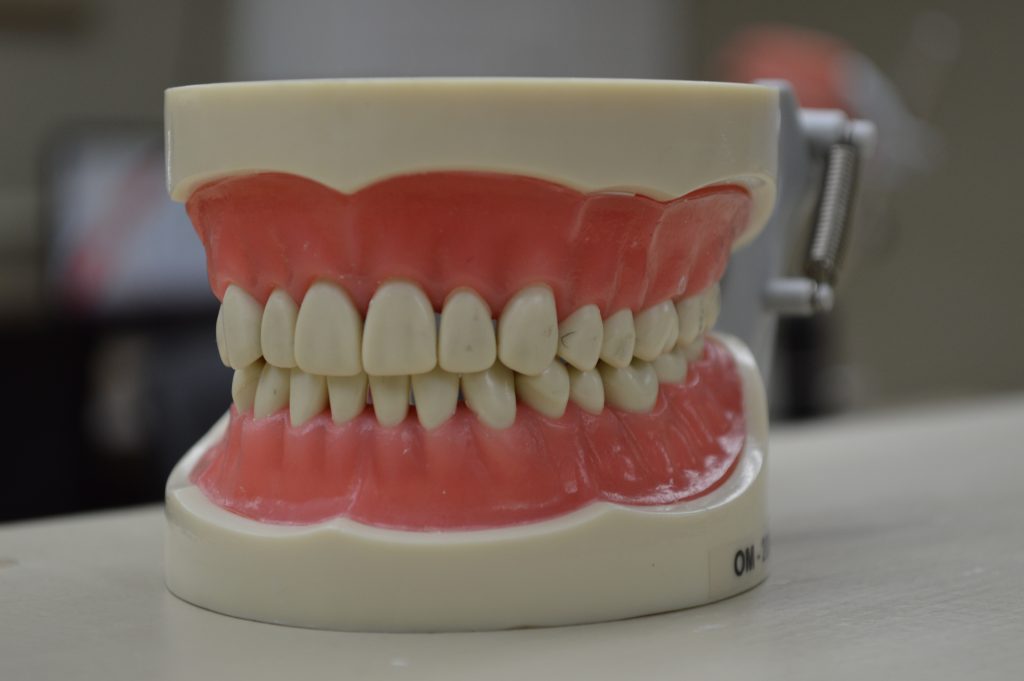Dental assisting is an area of healthcare that focuses on supporting dentists and dental hygienists who provide dental care to patients. This includes administrative office tasks and clinical support, typically in a dental office setting.

Most often in a dental office, dental assistants are visible members of a dental practice team. Because of the nature of the job, much of the patient interaction occurs with the dental assistant before the dentist or hygienist begins their portion of a dental appointment.
Dental assisting is a field that requires attention to detail and compliance with safety and health standards. It is an excellent career for someone that enjoys helping people. Empathy, patience, and compassion are traits needed in the role, along with a strong knowledge of the field in support of the dentists and dental hygienists.
Dental assistants provide support to dentists and dental hygienists on tasks like greeting and scheduling patients, obtaining preliminary vital signs and symptoms, performing diagnostic testing, creating laboratory molds, taking x-rays, and assisting the dentist through all visits and dental procedures. Aftercare instructions, as well as follow up calls, are typically completed by the dental assistant in many practices. Some dental assistants also assist with additional office work or billing, depending on the size of the practice.
Dental assistants help people of all ages and at all stages of dental health. They teach patients proper preventative care during checkups and also assist dentists with procedures during routine cleanings, dental illness, or trauma.
Dental assistants also ensure health and safety protocols, as established by OSHA, CDC, EPA, and OSAP are followed at all times. These protocols cover the full range of patient care, medical waste disposal, and sterilization of all equipment.
Dental assistants work most often in a dental office setting, though some may work in corrections, rehabilitation facilities, or dental laboratories. Many dental assistants work in a general practice dental office, while others may work in a specialized office, such as in orthodontics, dental surgery, or cosmetic dentistry.

Dental assistants need training on the specific technical knowledge, health and safety protocols required, and the hands-on skills needed to perform the tasks of the role. The best way to receive the needed training in all three areas is to enroll in a certificate program that provides classroom and practical hands-on training opportunities. Look for a program that incorporates a required internship or externship as well.
Those that complete a certificate program and who also successfully obtain the Nationally Registered Dental Assistant (NRDA) credential, and the Radiation Health and Safety (RHS) certification may have even more opportunities for employment.
Dental assistants can work in a variety of locations and in many areas of dental specialty across the country. The work hours are usually standard daytime hours, though some dental clinics now offer extended appointment hours for patients in the evenings and on weekends. Most dental practices offer both part-time and full-time employment.
A dental assistant career is great for those that enjoy helping others, would like to work in a healthcare setting, and are excited about learning and practicing the support skills within the field of dentistry.
More on Dental Assisting